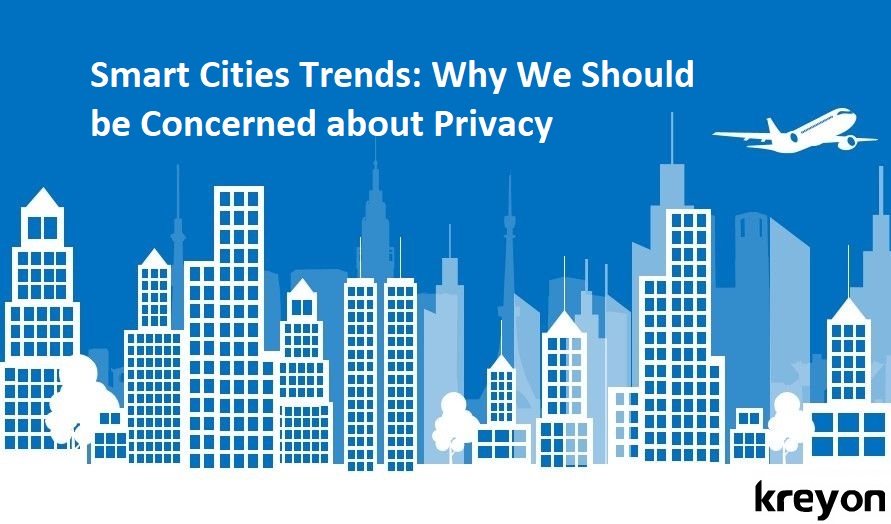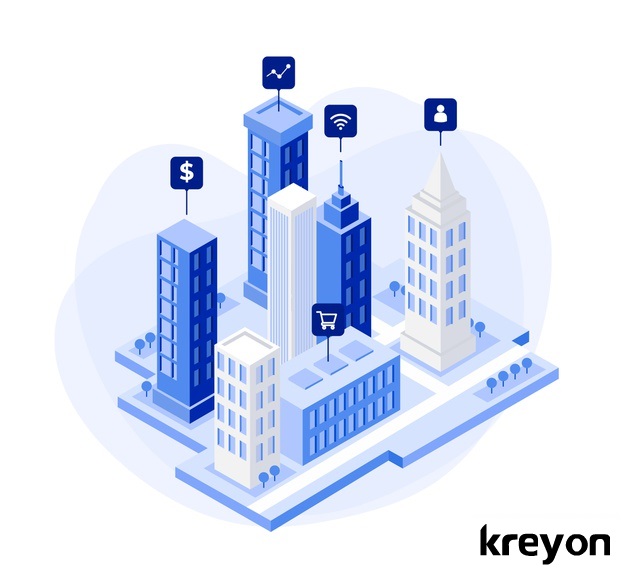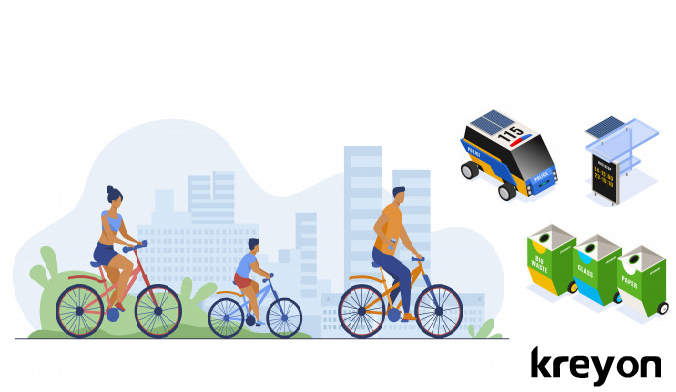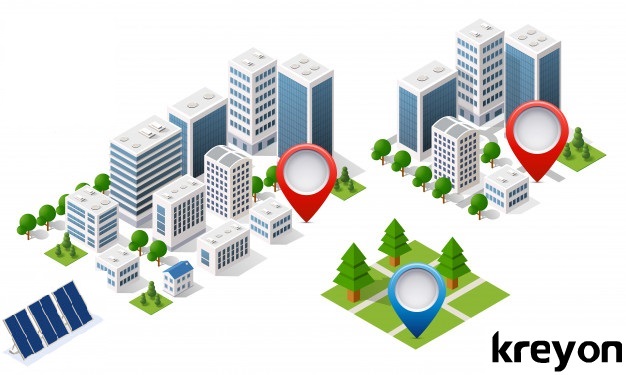Smart Cities Trends: Why We Should be Concerned about Privacy
 Today, more than half of the global population lives in urban cities. That number is expected to rise to 70% by 2050. The world is urbanizing at an unprecedented scale and speed. The rapid growth of cities and their disproportionate consumption of social and physical resources is unsustainable. The traditional systems cities rely upon to deliver resources are overwhelmed. Smart city technology can make cities efficient and more effective, which given the projected increase in urban population over the next few decades, is necessary. Smart cities trends are evolving with rapidly changing technological innovations.
Today, more than half of the global population lives in urban cities. That number is expected to rise to 70% by 2050. The world is urbanizing at an unprecedented scale and speed. The rapid growth of cities and their disproportionate consumption of social and physical resources is unsustainable. The traditional systems cities rely upon to deliver resources are overwhelmed. Smart city technology can make cities efficient and more effective, which given the projected increase in urban population over the next few decades, is necessary. Smart cities trends are evolving with rapidly changing technological innovations.
Benefits of Smart Cities
The huge population boom in our cities creates issues such as contributes to food and housing scarcity and affects the delivery of services. A smart city leverages the latest technologies to address issues such as transport, urban planning, waste disposal, economic development, and neighbourhood safety. Sprawling and bustling urban metropolises have been imbibing digital transformation to improve the quality of life of their citizens over the last few years.
Smart cities are using technologies such as Wi-Fi with hotspots strategically placed throughout the city to ensure digital equity. Others are using enhanced traffic management to improve transportation. The deployment of technologies such as CCTV in cities can help law enforcement reduce criminal activity and create safer communities in our cities. Cities are also using self-service portals, mobile applications, and intuitive websites to deliver robust, user-friendly digital services.
Privacy Concerns

Any city that uses communication technology (ICT) to enhance urban systems, deliver city services, and engage citizens can be referred to as a smart city. But smarter and more efficient cities are only possible due to massive data collection and analysis. One of the biggest concerns with smart city initiatives is the vast amounts of data collected and its impact on the privacy of city residents. Massive data collection creates certain risks for the citizens including mass surveillance and potential misuse.
City authorities and law enforcement groups can use smart city technology such as Closed-Circuit Television (CCTV) systems to identify and track anybody, any time. Some have expressed concerns about the potential of smart city technology in mass surveillance and extreme cases lead to a surveillance state. Suddenly, we feel like we are being watched, and these fears aren’t unwarranted. City authorities can use technologies such as facial recognition to track down people without consent in the same way it tracks criminals and terrorists.
The Future of Smart Cities
Besides surveillance, there are other privacy concerns surrounding smart cities and their data collection practices. Data collected by authorities can also be stolen or misused. Vast amounts of detailed information are particularly appealing for hackers. These enormous assortments of data often contain enough information about an individual for a hacker to steal their identity or execute scams. Data collected by cities is often centralized, integrated, and connected to the internet, which makes this information more vulnerable.
What Can Citizens Do to Protect Themselves?
Online access allows hackers to launch cyberattacks. A successful attempt can result in a vast amount of damage. So, what can city residents do to protect themselves from these privacy and cybersecurity risks?

Spying by government agencies and malicious threat actors on citizens is rampant on the internet, and there are ways to defend against that. You can secure your traffic with a VPN to protect yourself from other forms of online spying by the government and other malicious actors. A Virtual Private Network (VPN) is a service designed to help you establish a secure internet connection and maintain internet privacy. This tool hides your IP address and encrypts your internet traffic. Use a VPN for privacy and complete anonymity on the world wide web.
What Can Smart Cities Do to Protect the Privacy of Their Citizens?
In most smart city initiatives, the government and privacy companies enlisted to provide digital services in the city end up with obscene amounts of data with which they can do as they please. This situation poses huge privacy issues for the citizens. So, what can cities do to safeguard the privacy of their citizens?
Smart cities collect vast amounts of data. There are certain risks of amassing massive volumes of data on the part of the citizens. For instance, the data collected could be used in insidious ways. It could also fall in the wrong hands, causing a whole lot of cybersecurity problems for the citizens. With that in mind, smart cities should be carefully designed with necessary protections in place to safeguard their citizens. For instance, city authorities should also take the necessary measures to protect against data breaches as well as system attacks and failures.

The global city population is growing at an unprecedented rate creating a wide range of social problems. A growing number of cities across the world are leveraging communication technology to address the problems stemming from overpopulation. However, smart city technology is causing privacy concerns due to the vast amounts of data smart city infrastructures collect. Smart cities should be carefully designed with necessary protections to ensure that the data collected is not used in insidious ways.
Kreyon Systems is working with smart cities for creating software applications to enable wider accessibility of services for citizens. If you need any assistance or have queries regarding smart city applications, please reach out to us.
